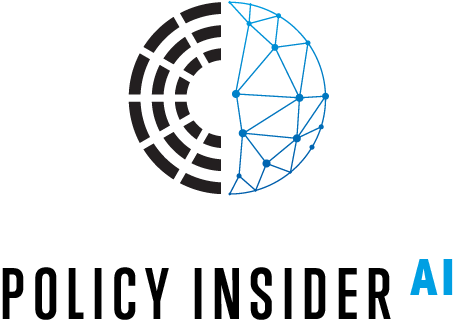Short and to the point
In the past decade, social media has firmly established itself as a medium for political advertising and social dialogue. Primarily around elections, social media platforms are increasingly used to spread campaign news. Social media also helps to promote various forms of activism. Among such platforms, Twitter has become a leading tool for sharing the most recent policy news. In other words, Twitter is shaping the political discourse worldwide. How relevant is sustainable Twitter monitoring for political analysis?
The platform allows the users to follow the latest updates from a variety of political actors. Such actors range from political leaders to governmental organizations, making Twitter instrumental for monitoring policy developments. Twitter also proves exceptionally useful for tracking political activity throughout the policy cycle. This is especially relevant during the agenda-setting and policy formulation stages. During these stages a broad range of actors vigorously compete to influence the policymaking process.
Information velocity, transparency, emotional truthfulness, and a high degree of interaction make Twitter a valuable tool for policy monitoring.
#1 Information velocity
By providing short updates in real-time, Twitter enables users to follow political events as they happen. Especially in times of crisis the need for swift information is even more visible. With no time to produce content, Twitter has an advantage over media such as newspaper, television, or radio. During the Covid19 pandemic, political activity on Twitter rapidly increased. Over 60% of UN leaders used the platform to actively communicate with their constituents about the most recent policy developments. Having a direct source of information, such as the political institutions themselves, makes for the highest velocity and reliability.
#2 Transparency
Twitter allows users to collect a variety of information not easily accessible elsewhere. By looking at the number of followers, mentions or retweets, we can easily assess who are the most influential politicians. This can also be segmented into specific policy areas or geopolitical regions. With the use of hashtags, we can see which issues are currently the most relevant. Thus, we can pinpoint what attracts the most attention from the general public. With the help of Twitter, we can also measure the opinion of political actors. This can be done by analysing the extent to which tweets mention a policy development in a positive or negative manner (sentiment analysis).
#3 Emotional Truthfulness
Unlike any other platform, Twitter achieves a high degree of emotional truthfulness. What makes the sentiment analysis possible is the emotional truthfulness of the policymakers, which stems from the very nature of a tweet. Tweets allow the policymakers to almost instantly share their opinion on a large number of issues in a short number of characters. Because of this, they are much less structured or edited than any other political statement, such as an official press release. Thanks to Twitter activity, we can not only observe what politicians are currently placing on their agenda but also policy areas that they might be interested in. Through likes and retweets, we can identify the interests of politicians in a much more extensive way than through traditional media or official statements.
#4 Monitoring interaction
What makes Twitter the most distinct from traditional media platforms is its interactive nature. Retweets and mentions allow political actors and citizens to engage in a unique form of dialogue. By closely monitoring the interactions of politicians on social media, either between themselves or with the general public, we can make inferences on a variety of subjects. For example, we can assess their opinions on the upcoming legislation and study which groups would most likely form a coalition. If we see a Member of Parliament tweeting about a draft bill with a positive comment, there is a high probability that they will vote for it. With this in mind, we can make inferences that help us monitor or even predict policy developments, all thanks to tracking political activity on Twitter.
This article was originally published in English. Translations were generated automatically and might be incorrect.


